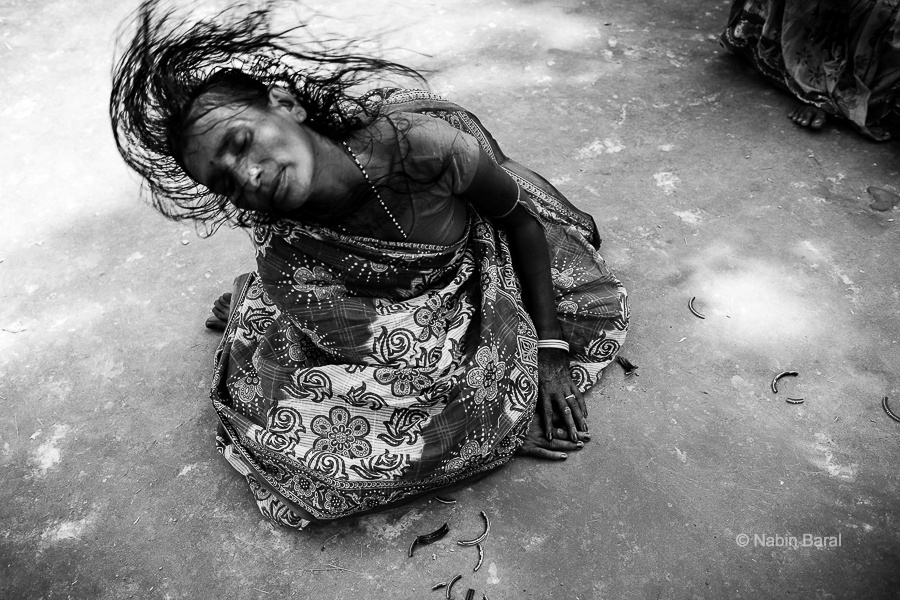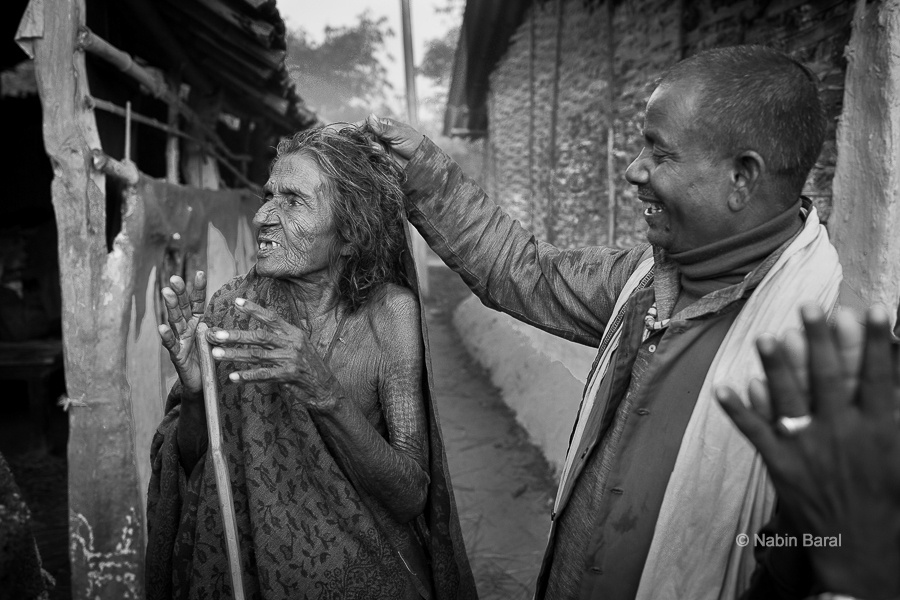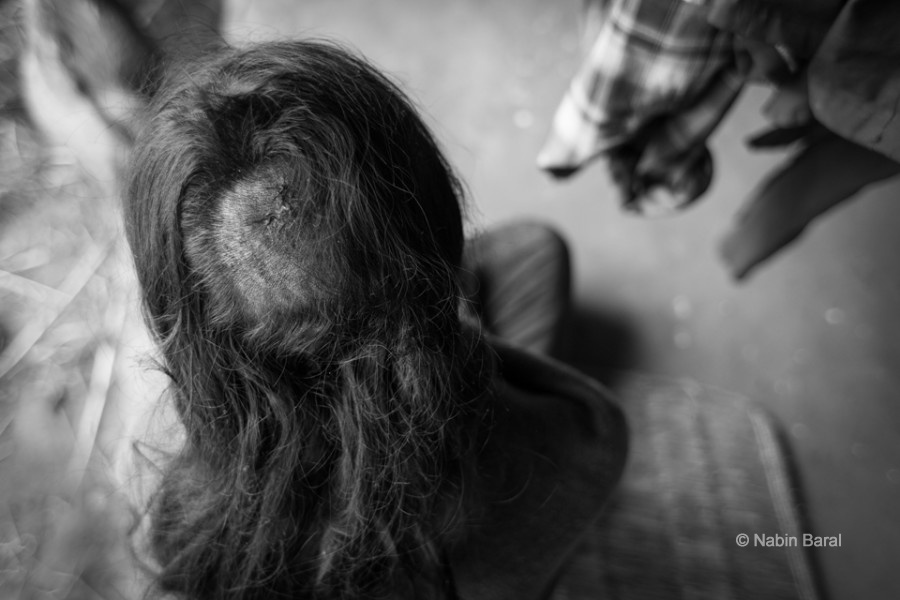Born to curse or be cursed?

Imagine this. Suddenly, one day you are accused of practicing witchcraft and are forced to live in isolation by society. You are accused of bewitching a neighbor’s child or of crop failure. You are forced to eat human excreta. Or you are tortured, attacked, doused with gasoline or beaten to death following the forced accusations.
This, a nightmare for most of us, is a reality in some parts of the world, including Nepal.
On March 8th of this year – International Women’s Day, Radha Chaudhary, an 18-year-old inhabitant of Kailali in Nepal was accused of witchcraft and tortured for over six hours by a group led by the self-professed shaman Ram Bahadur Chaudhary.
To this day, the police have not pressed charges against Ram Bahadur. He was released after the victim and her family were coerced into settling the case out of court.

Violence against women in Nepal is commonplace. Violence connected to alleged witchcraft is especially common in underprivileged strata of society. Incidents often go unreported so it is difficult to find reliable data on the number of accusations of witchcraft there are and how many of these trigger violence. There is very little media coverage.
The prime victims are poor, widowed, helpless, elderly and destitute women. They might be accused of bringing ill health to the family and to society or blamed for poor milk production by cows or for children dropping out of school. They might be accused of polygamy or of bringing about a loss of income.
A lack of education and literacy, a lack of awareness of human rights and little social protection exacerbate poverty, the patriarchal mindset, superstitious beliefs, ageism and gender inequality.
The punishment for many women after being accused of “crimes” they never committed can be insults, torture and even murder. If they survive, they might never overcome the physical and psychological torture.

Since there are few legal safeguards in rural Nepal, scores of women have been beaten to death by their superstitious relatives, neighbors and fellow villagers.
There is an acute need to provide post-trauma psychological help to victims and proper legal services. There has to be more attempts to raise awareness in society.
There are some women’s rights groups and NGOs campaigning to ensure that such violence does not go unpunished. However, their battle for laws to be introduced and implemented is far from over.
Until women are protected from violence in Nepal, there can be no substantial changes in society.
Author: Preeti Shakya (Ed.: act)






